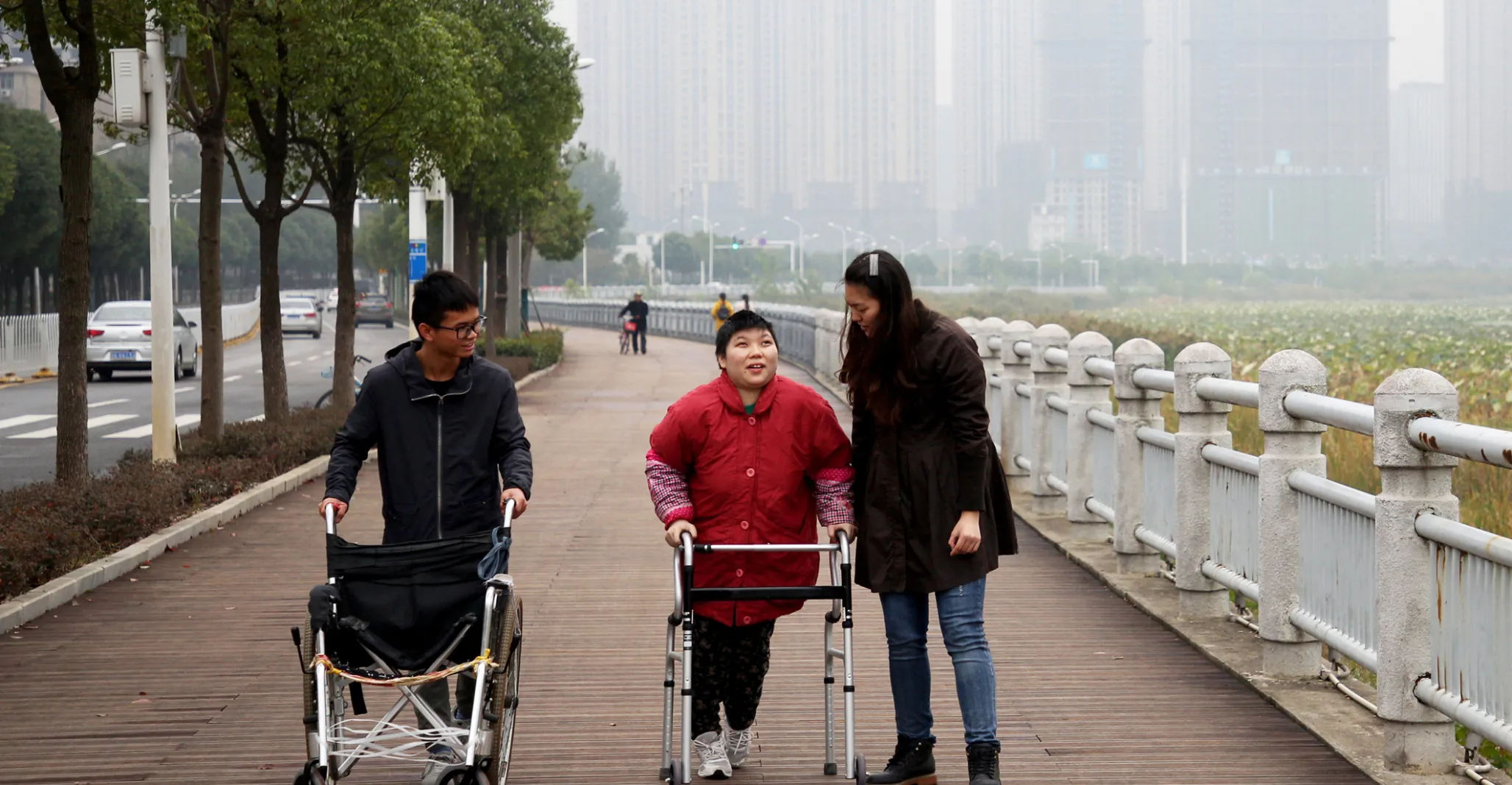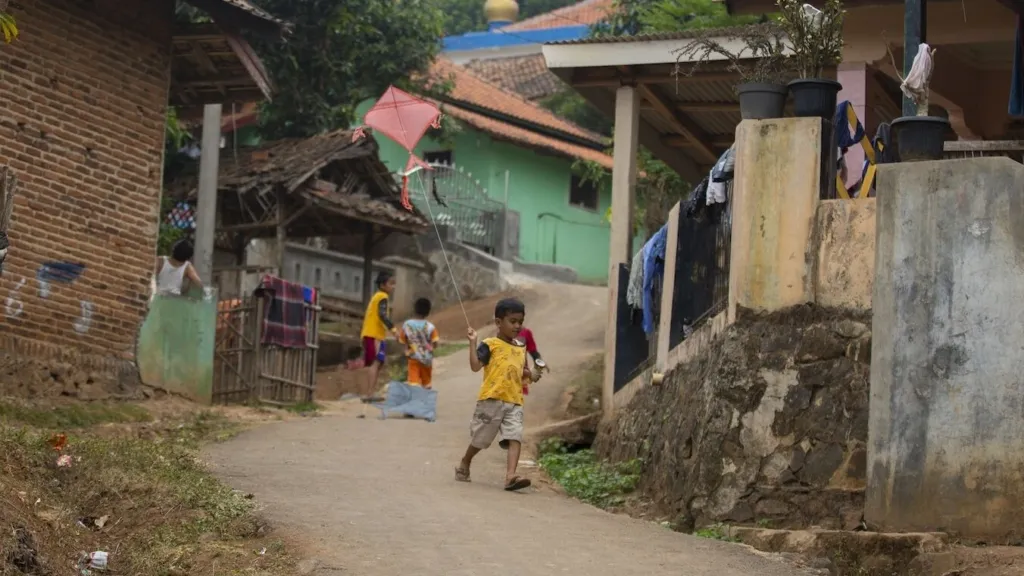

China
Implementing innovative and culturally appropriate programs to address health disparities and improve community health
The Context
China has experienced rapid economic growth over the past decades and steady improvements in maternal and child health care, but the health system is not positioned to support its rapidly growing population. The country has a shortage of trained nursing professionals and pediatricians, which is particularly problematic given that the country is home to the largest population of children in the world and has a rapidly aging population.
China also has a very high prevalence of noncommunicable diseases, including hypertension, diabetes, and congenital heart disease. An estimated 270 million people in China have hypertension, and 1 in 10 adults are living with diabetes, making it home to the world’s largest diabetes epidemic. If greater preventative action isn’t taken, the World Health Organization predicts China could have 150 million people with diabetes by 2040. NCDs are already the leading cause of death in the country, contributing to more than 80% of annual deaths. Congenital heart disease is a leading cause of death for children under 5 in China.
Project HOPE works closely with China’s National Health Committee, universities, hospitals, and community health centers to improve health service capacity, quality, and accessibility nationwide through our regional offices in Beijing, Shanghai, and Wuhan.
Our Impact
Combatting Noncommunicable Diseases (NCDs)
Project HOPE implements nationwide NCD programs that include clinical trainings and case management to help local health systems provide patient screening, counseling, and education on NCDs. Our 5 Steps to Self-Care curriculum seeks to empower and educate people living with or at risk of diabetes and hypertension to improve their health and well-being. Project HOPE is implementing the China Community-based Hypertension Management Pilot Program in partnership with the Resolve to Save Lives initiative to improve patient follow-ups and lower blood pressure.
Empowering Future Generations of Nurses
Project HOPE has been developing future nursing leaders through the Wuhan University’s HOPE School of Nursing — one of our strongest and longest-running health workforce programs. We continue to enhance the school’s capacity through faculty training, international collaboration and exchange, and establishing state-of-the-art learning labs — an effort that has proven particularly valuable in preparing nurses to combat emergencies like the coronavirus outbreak. In 2017, Project HOPE and Wuhan University further expanded the school’s programming with the addition of the Disaster Preparedness Training Center, which helps doctors and nurses understand how to respond to disasters through seminars, simulated response exercises and improved disaster-related curriculum.
Leveraging Technology to Reduce Maternal Mortality
Project HOPE is leveraging digital health interventions to reduce maternal mortality through pregnancy risk screenings, assessments, and care management.
Addressing Lung Cancer in Rural Communities
Project HOPE works to enhance the quality of life for people living with lung cancer in rural communities of China by improving early lung cancer detection rates and strengthening local health workers’ capacity for screening and care.
Improving Pediatric Care
Project HOPE collaborates closely with Shanghai Children’s Medical Center to integrate multidisciplinary care into pediatric medicine at health facilities. Key efforts include training pediatric health workers, upgrading clinical practices, installing state-of-the-art equipment, integrating disease management into pediatric care, and coordinating with the education system. Additionally, we implement innovative pediatric NCD management practices and work to address the shortage of pediatricians through training and international exchange programs.
Project HOPE has developed an innovative diabetes self-management education course called 5 Steps to Self-Care. This patient-focused, game-based training provides knowledge on diabetes self-management to improve participants’ understanding of diabetes and improve their overall health.
The course has been designed to be replicated by primary health care professionals and empowers course graduates to become “peer educators” who share their learnings with friends and family.
5 Steps to Self-Care
- Committing to life-long education grounded in basic understanding of physiology and disease progression
- “Knowing your numbers,” or being able to monitor levels of blood glucose, body mass index, blood pressure, and lipids
- Promoting healthy nutrition to balance carbohydrate, protein, and fat intake
- Making exercise a regular habit
- Seeking regular access to health services, including specialists and lab work.
Our History in China
As one of the first INGOs officially registered in the country, Project HOPE has spent over 40 years supporting health workers in pediatric medicine, women’s and children’s health, NCDs, nursing education, and disaster relief.
Project HOPE’s work in China began in 1983, with an invitation from the Chinese Ministry of Health to help modernize the country’s health services, resulting in the establishment of a pediatric cardiovascular center in partnership with Shanghai Second Medical University and Xin Hua Hospital. Later, Project HOPE partnered with the Shanghai municipal government and Shanghai Jiao Tong University School of Medicine on the planning and development of the Shanghai Childrens Medical Center, which opened in 1998.
Since 1998, we have been implementing national programs focused on reducing the impact of NCDs throughout China in support of the country’s policy to improve a tiered health care delivery system.
In 2001, we partnered with Wuhan University to establish the Wuhan University HOPE School of Nursing, which has since trained tens of thousands of nurses.
Project HOPE also has a history of responding to emergencies and disasters in China, including the 2008 and 2013 earthquakes in the Sichuan Province and the COVID-19 pandemic.




